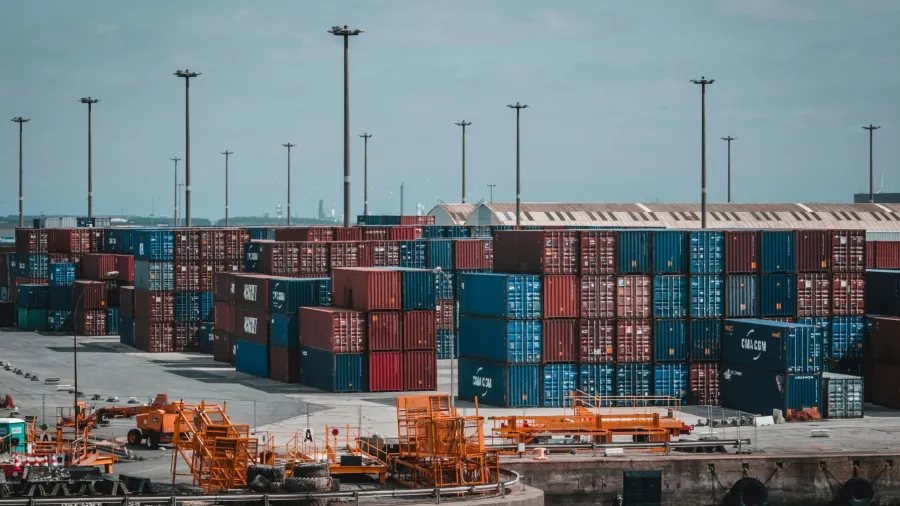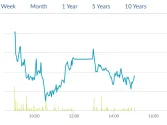
How modular construction and project cargo insurance are connected
The modular construction market size is estimated at $64b in 2024.
Modular construction involves the creation of standardized, prefabricated units in an off-site facility, which are then transported to the construction site and assembled. Whilst the industry is seeing significant growth, particularly in the Asia Pacific region, rising logistics costs and transportation risks may impact the overall process.
The market is estimated to be valued at $63.76b in 2024 and is expected to reach $97.13b by 2029, WTW said.
Urbanisation is a major driver for modular construction projects. The global housing crisis, exacerbated by high interest rates, inflation, supply chain disruptions, and labour shortages, underscores the need for cost-effective construction solutions.
Modular construction offers advantages in safety, time control, budget management, and sustainability, addressing these challenges and boosting productivity. It also helps alleviate the labour shortage in the construction industry.
Individual module values can be substantial, with some reaching up to $400m. Even smaller modules, when shipped together, can accumulate high values. Adequate Project Cargo Insurance coverage is essential.
The size and weight of modules can complicate transportation, requiring specialised vessels or barges.
Damage or loss during transport can delay project completion. Modules are often shipped late in the build schedule, and delays in resourcing, refabricating, and reshipping can impact timelines. Extending Project Cargo Insurance to cover delay risks is increasingly important.
Ideally, effective communication amongst manufacturers, contractors, engineers, and site personnel is vital, WTW pressed.



















 Advertise
Advertise







